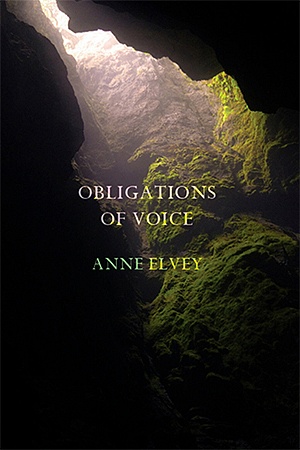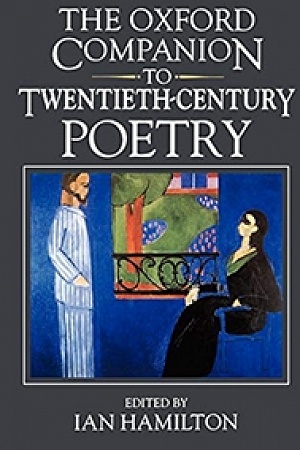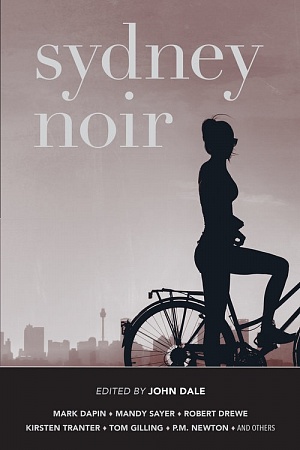Ashbery Mode
Tinfish Press, US$20 pb, 126 pp, 9781732928602
Ashbery Mode edited by Michael Farrell
The recent death of Les Murray can be likened in its significance to the passing of Victor Hugo, after which, as Stéphane Mallarmé famously wrote, poetry ‘could fly off, freely scattering its numberless and irreducible elements’. Murray’s subsumption of the Australian nationalist tradition in poetry, including The Bulletin schools of both the 1890s (A.G. Stephens) and 1940s (Douglas Stewart), has delineated an influential pathway in our literature for more than fifty years. Yet the death in 2017 of the American poet John Ashbery might be viewed as equivalent in its effect, given the impact of his work on several generations of local poets, which has in many respects constituted a counter-stream to Murray’s often narrowly defined nationalism. Ashbery’s voice has been infectiously dominant in English-language poetries over several decades, in a manner similar to T.S. Eliot’s impression on poets of the earlier twentieth century. Critic Susan Schultz, the publisher of this volume, has charted the dynamics of its transcultural influence in her aptly titled collection, The Tribe of John (1995).
Continue reading for only $10 per month. Subscribe and gain full access to Australian Book Review. Already a subscriber? Sign in. If you need assistance, feel free to contact us.














Leave a comment
If you are an ABR subscriber, you will need to sign in to post a comment.
If you have forgotten your sign in details, or if you receive an error message when trying to submit your comment, please email your comment (and the name of the article to which it relates) to ABR Comments. We will review your comment and, subject to approval, we will post it under your name.
Please note that all comments must be approved by ABR and comply with our Terms & Conditions.